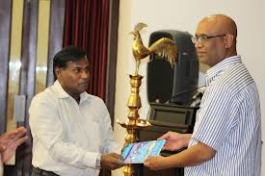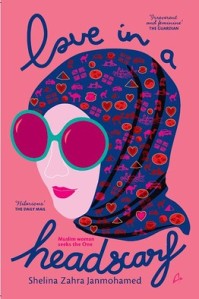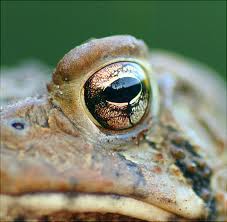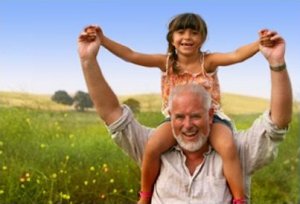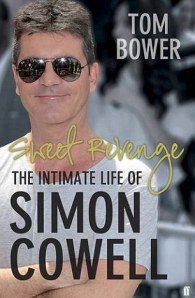“The man who writes about himself and his own time is the only man who writes about all people and all time.” – George Bernard Shaw
When it comes to writings by Sri Lankan authors, quite a large proportion of it is diasporic writing. Perhaps there is something to be said for the theory of inner or outer tumult giving wings to the creative muse. Without a doubt, Sri Lankans who have uprooted as well as re-rooted themselves all over the globe have had to experience a lot of both; inner as well as outer turmoil that is.
Whether they be Sinhalese, Tamil, Muslim or Burgher, a deep-seated search for meaning, identity and a sense of belonging has been set in motion by the various upheavals to their inner psyche as well as outer circumstances. This has in turn given rise to a plethora of writings that an audience back home are just beginning to discover.
In a recent attempt to make such writings available to the people back home, some English translations of novels written in Tamil were launched at the BMICH last month.
One of those books was ‘Lost in You,’ the translation of a Tamil book titled Unaiyae Maiyal Kondu by Dr. Noel Nadesan, a Sri Lankan Tamil veterinary surgeon domiciled in Australia. At the launch, the author claimed that he was not a literary genius and wasn’t trying to be; he wrote for his own mental satisfaction as well as to relay certain historic episodes which he had witnessed and which he thought necessary to relay to others who might either not have witnessed it themselves or else viewed it from another side of the divide.
He has already written three other books which have earned him praise as well as acrimony. Lost in You, is the fourth, which is the only one I can speak for, having personally read it.
The genre of fiction has many paths but the person who epitomizes Bernard Shaw’s ideal of showcasing his own experiences and culture in works of fiction is perhaps taking the most hazardous path. If he does an honest job of it, he would have showcased his community’s warts as well as its dimples; but especially its warts. Not many people can take that.
In that sense, honest diaspora artistes are much to be pitied. They have been thrown into a maelstrom of soul searching which have given rise to their creative output. But the rest of the community who would be happier with reconstructing heroic pasts and laudable contemporary portrayals of themselves are very likely to take offence.
In that sense, most of these writings are not comfortable to read, especially if the reader is a person who identifies with the community being written about. Dirty linen has been washed in public. It is a necessary exercise. Dirty linen has to be washed. But the instinctive reaction of someone in a state of cultural flux, seeking to establish their community’s criteria as good and noble citizens would be “Oh No, did he have to go and put it out there publicly for other communities to point and laugh at?”
But that is what artistes ideally do. Hold up mirrors of ourselves that will show us as we are or even caricature and thus emphasize those least endearing characteristics of ourselves which we would rather not acknowledge – either to ourselves or to others.
‘Lost in You’ is such a book. It is not necessarily a literary masterpiece as its author has already acknowledged. The sentences are simple and lucid but lay no claim to literary genius. Its strength is not in the beauty of the prose but rather in the validity of the story-telling. Nevertheless it flows in simple, direct sentences into an easily readable book of only a 139 pages.
It is the story of a young Sri Lankan Tamil doing his PhD in Australia. He is an intelligent young man able to think, reason and question, which he does constantly. Except that he grew up in a certain culture and is now as a young adult still capable of change, living in a vastly different culture. He is naturally confused. He was brought up in a closed patriarchal system with fixed rules on morality. He is now living in a very open culture where those lines have blurred. He has in some ways adapted to the change, in some ways adapting to the change and in other ways incapable of getting past his deep-rooted culture which he acknowledges.
Life does not necessarily take us from Point A to Point B with an ‘Aha’ moment at the end and neither does this book. It is the portrayal of a young man’s soul searching given trying circumstances in his life and the laudable as well as not-so-laudable ways in which he tries to overcome them. At the end, he does not necessarily know what he could have done better and neither do we. Such are the trials of a community in flux. There are no established rules. We have to make them up as we go along. Eventually our bluff might be called but we are still not certain what the alternative could have been or should have been.
People with fixed cultural values on how a person should behave may not like this book but that does not invalidate the story. It is a very real story which is honest in not portraying cases in black and white. There are shades of gray everywhere making it uncomfortable for the reader to take the moral high-ground. Nadesan does not oblige us by providing the stereotypes we are comfortable with. In this book, you can’t help liking the mistress, you can’t help feeling irritated with the wife although you feel sorry for her, you can’t help feeling exasperated with the protagonist while yet sympathizing with him.
The book, like the Sri Lankan diaspora itself, is a story of turmoil, with more questions than answers on what could have been and should have been. It reads well, but whether it sits well depends on the reader.

